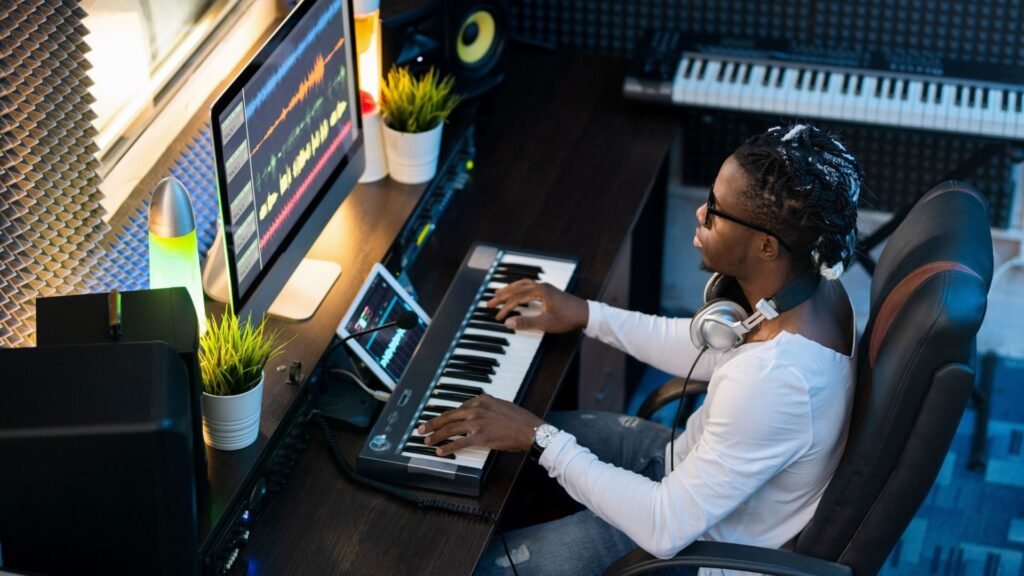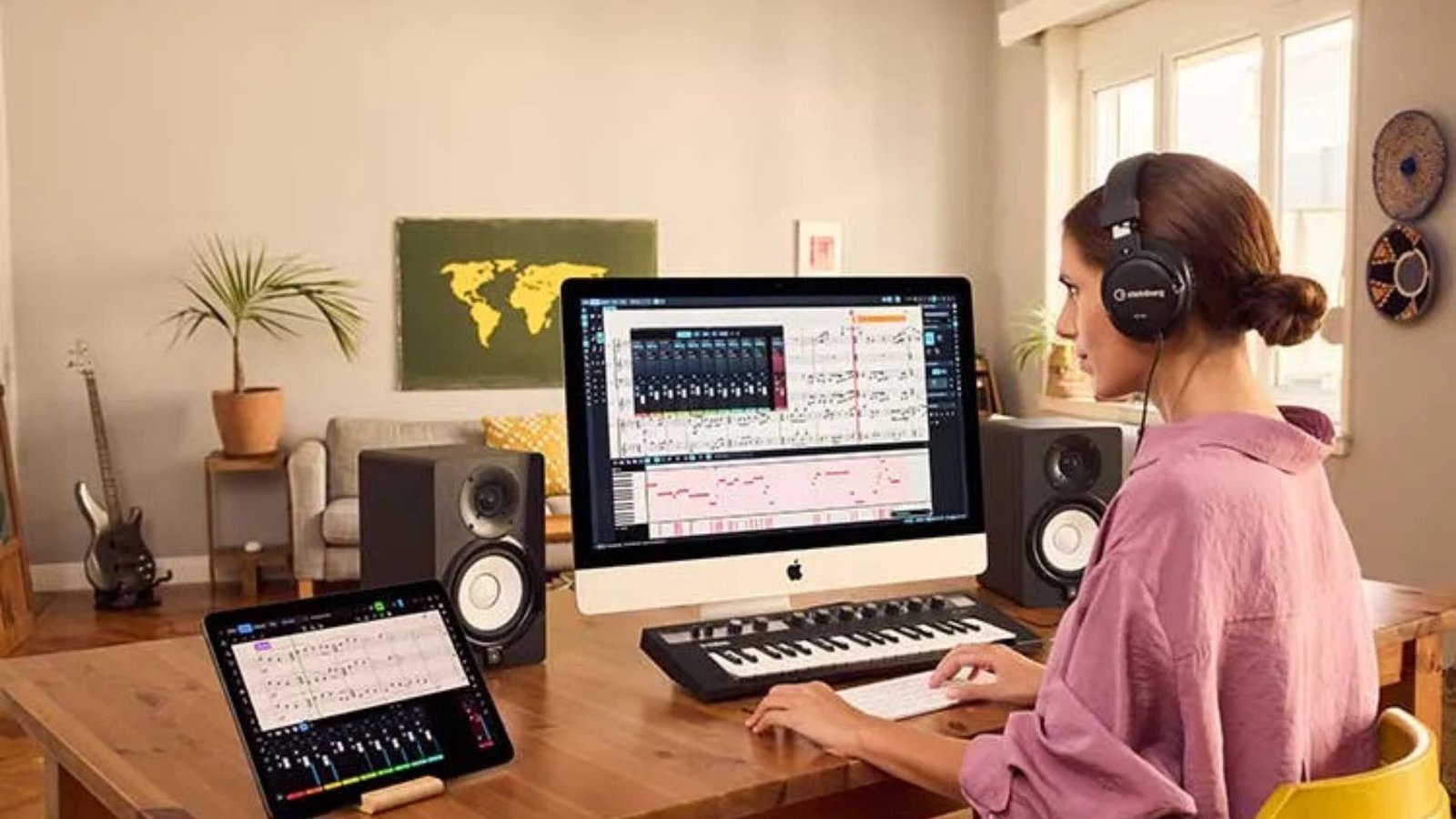Digital music composition software has revolutionized the way musicians, composers, and producers create and arrange music. These tools allow creators to write, arrange, and record music entirely on a computer or tablet, without needing expensive hardware or a recording studio. Whether you’re an aspiring composer or a seasoned professional, these software programs provide the flexibility and features needed to bring your musical ideas to life.

What is Digital Music Composition Software?
Digital music composition software is a computer program that assists in writing, recording, arranging, and editing music. It often includes virtual instruments, sound libraries, and MIDI (Musical Instrument Digital Interface) capabilities, enabling users to create music using both synthetic and recorded sounds. Popular programs like Ableton Live, Logic Pro, Cubase, and FL Studio cater to different genres, workflows, and preferences, making it easier for musicians to compose with precision.
Key Features of Digital Music Composition Software
- MIDI Integration: MIDI allows musicians to control digital instruments and record performances using a keyboard or MIDI controller. Most digital music software supports MIDI, offering precise control over note input and editing.
- Virtual Instruments: Many composition programs come with built-in virtual instruments, ranging from pianos and guitars to orchestral and electronic sounds. These tools help create rich, layered compositions without the need for physical instruments.
- Audio Recording and Editing: High-quality audio recording and editing are essential for producing professional-sounding tracks. Digital music software offers powerful editing tools to manipulate recordings and ensure the final product meets your creative vision.
- Score Writing and Sheet Music: Some programs like Finale and Sibelius focus heavily on score writing, enabling composers to create traditional sheet music alongside digital arrangements. This feature is perfect for musicians who need to print or distribute their compositions in a formal notation.
- Mixing and Mastering Tools: Once the composition is complete, mixing and mastering tools within the software allow musicians to adjust levels, EQ, and effects, ensuring the final mix sounds polished and balanced.
- Collaboration Features: Some digital music programs offer cloud-based collaboration features, allowing multiple musicians to work on a composition simultaneously from different locations. This is particularly helpful for remote collaborations or group projects.
Choosing the Right Digital Music Composition Software
Selecting the right software depends on several factors, including your music genre, workflow preferences, and level of experience. Here’s a breakdown of some popular software options:
- Ableton Live: Known for its versatility in electronic music production, Ableton Live is widely used by DJs and producers. Its intuitive interface, real-time editing capabilities, and excellent MIDI support make it an ideal choice for electronic music.
- Logic Pro: Logic Pro is perfect for those who want an all-in-one solution. It’s particularly well-suited for composers working in various genres, offering a vast library of virtual instruments and effects, along with advanced editing features.
- Cubase: Cubase is a versatile DAW (digital audio workstation) known for its MIDI capabilities, audio recording, and professional-grade mixing features. It’s ideal for musicians looking to integrate electronic and acoustic instruments.
Advantages of Using Digital Music Composition Software
- Flexibility and Convenience: Digital software allows musicians to work from home, eliminating the need for physical instruments or studio space. You can access a vast array of sounds and tools right at your fingertips.
- Cost-Effectiveness: While high-end software can be expensive, many digital composition tools are available at various price points, making them more affordable compared to traditional recording methods.
- Instant Revisions: Making changes to a digital composition is easy. You can experiment with different sounds, arrangements, and structures without worrying about starting over.
- Access to a Wide Range of Sounds: With the inclusion of virtual instruments, sample libraries, and sound effects, musicians can create compositions that span across multiple genres, all within the same software.
- Efficiency: Many programs offer features like auto quantization, pitch correction, and loop-based composition, which speed up the songwriting and production process.
Conclusion
Digital music composition software has changed the landscape of music creation. Offering musicians a wide range of tools and features, these programs provide flexibility and convenience while allowing users to bring their musical ideas to life. By understanding your needs and exploring the various options available, you can find the perfect software for your creative process. Whether you’re a budding composer or a professional producer, digital music composition software is an essential tool in today’s music production environment.







